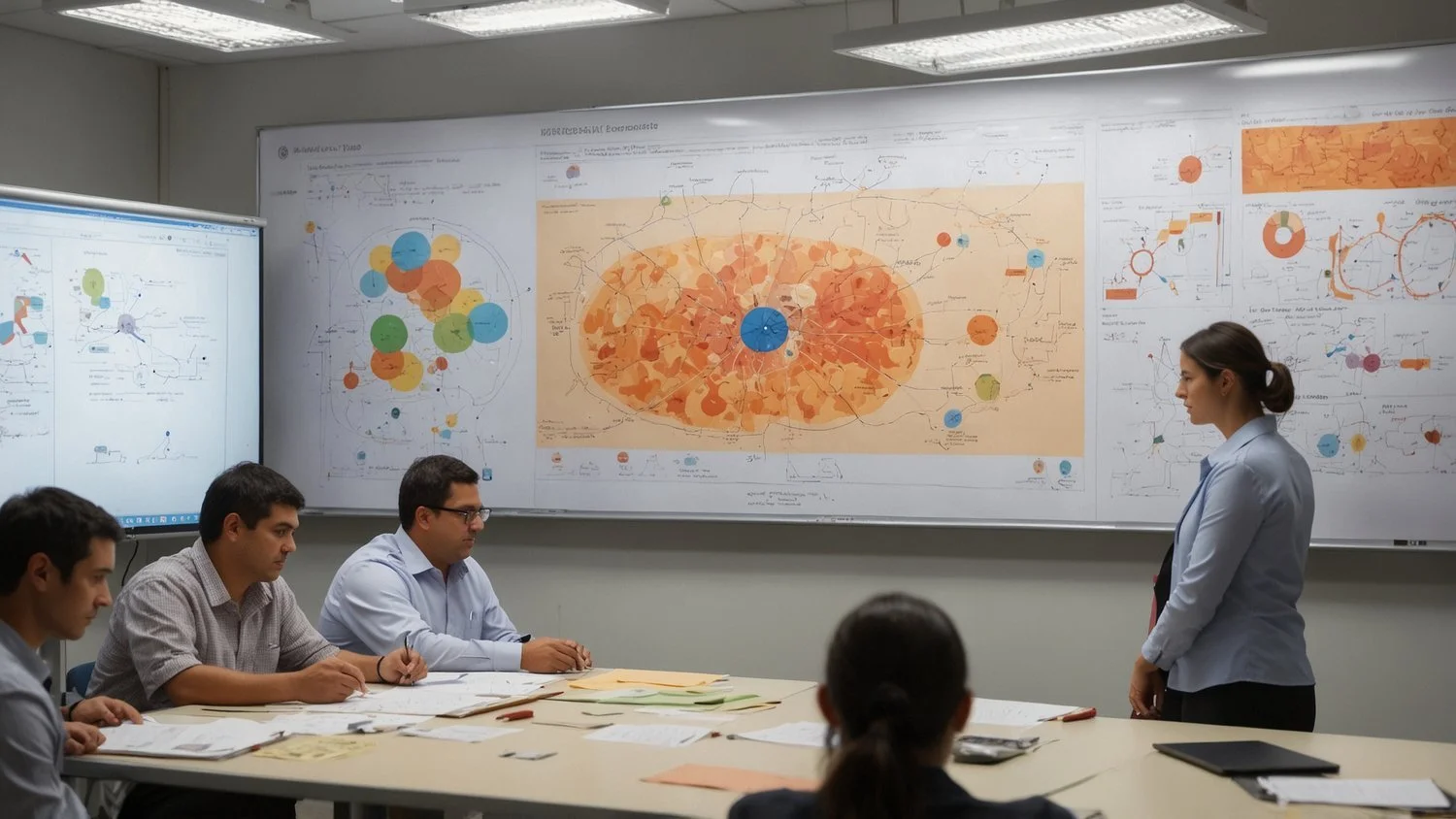Artificial Intelligence: Ally or Threat to Our Minds?
Artificial intelligence (AI) has been incorporated significantly into everyday life, simplifying tasks and providing emotional support. However, its increasing use raises questions about how it impacts our mental capacity. This article examines the potential detrimental effects of AI on our reasoning, biases, and the decline of fundamental cognitive abilities.
The hidden bias behind the apparent accuracy of AI
Despite its power, Artificial Intelligence is not free of flaws and biases. The systems are trained with human information, inescapable sources of inaccuracy. This dependence can lead to automatic bias, in which the user trusts without questioning the findings. Experts such as Dr. Silvia Leal argue that this armored trust undermines our ability to critically evaluate the information obtained.
Mental laziness and technological dependence
The continuous application of Artificial Intelligence in everyday life has begun to generate collateral effects on people's mental habits, promoting what some experts call "cognitive laziness". Several studies warn about this trend, including one conducted by the University of Texas, which reveals several worrying findings:
Increasing reliance on devices with instant solutions leads to a reduction in individual intellectual effort.
The brain tends to economize energy by delegating cognitive tasks to technology, which weakens critical thinking.
Many students opt for quick answers rather than in-depth analysis of problems.
There is a deterioration in key skills such as memory and problem-solving ability, directly related to the convenience offered by technological tools.
Long-term risks to brain function
The increasing transfer of mental functions to Artificial Intelligence raises questions about its potential long-term effects on cognitive health. Among the main concerns are:
Possible impairment of key mental functions: memory, concentration and thinking may be impaired if not exercised regularly.
Reduced autonomous intellectual activity: by relying on technology to solve everyday tasks, the ability to think on one's own weakens.
Formation of technodependent generations: the constant use of devices could limit the development of critical and reflective skills.
Risk to mental independence: over-reliance on intelligent systems can compromise intellectual autonomy in the face of increasingly sophisticated devices.
Although Artificial Intelligence provides unquestionable benefits, it is vital to identify and neutralize its dangers for the human brain. Encouraging digital learning, critical reasoning and ethics in its evolution will facilitate its use as a resource that enhances our intelligence. The challenge is to incorporate technology without underestimating the fundamental value of the human brain.






